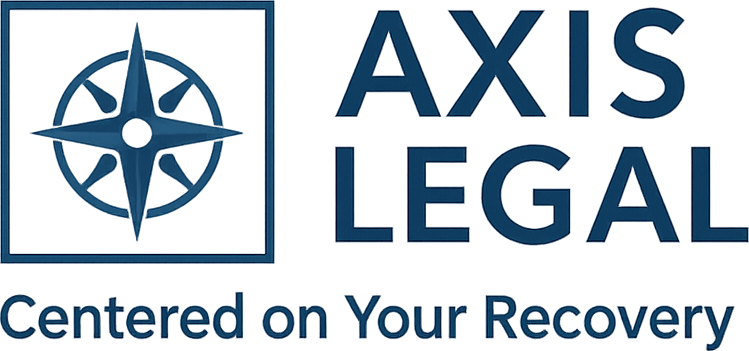If you’re reading this, there’s a good chance you—or someone you care about—was hurt on the job. First, I’m sorry you’re going through this. Second, I want you to know that you have rights, and understanding what you’re entitled to under Wisconsin workers’ compensation benefits is the first step in protecting them.
I’m Alex Eichhorn, founder of Axis Legal. I’ve represented injured workers throughout Wisconsin for over a decade. Below, I’ve outlined exactly what benefits may be available after a work injury—explained in plain language, without the legal jargon.
Wage Loss Benefits: TTD and TPD
Temporary Total Disability (TTD)
If your doctor takes you completely off work while you recover, you’re entitled to Temporary Total Disability benefits.
-
Paid at two-thirds of your average weekly wage (AWW)
-
Tax-free
-
Starts after a 3-day waiting period (unless you’re out more than 7 days)
Example:
If your AWW is $900, your TTD rate is $600/week.
Temporary Partial Disability (TPD)
If you’re working reduced hours or light duty with lower pay, TPD helps cover the gap between your pre-injury and post-injury wages.
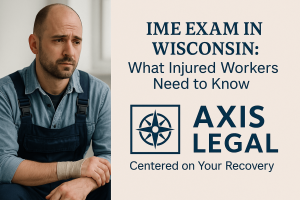
Wisconsin IME Exam
Permanent Partial Disability (PPD)
Once you reach maximum medical improvement (MMI), your doctor may assign a PPD rating. This reflects lasting damage from your work injury and determines whether you qualify for permanent disability payments.
There are two types of injuries: scheduled and unscheduled. They’re handled differently.
How Wisconsin Workers’ Compensation Benefits Are Calculated
Scheduled Injuries
Scheduled injuries involve body parts like:
-
Arms
-
Legs
-
Hands
-
Feet
-
Eyes or ears
Each is assigned a number of weeks under Wisconsin law. Here’s how we calculate it:
PPD = # of weeks for body part × % rating × PPD rate
Example:
Knee (425 weeks) × 15% = 63.75 weeks
63.75 × $430/week = $27,412.50
Loss of earning capacity is not available for scheduled injuries, even if you can’t return to your job.
Unscheduled Injuries
Unscheduled injuries include your:
-
Back or neck
-
Head
-
Internal organs
-
Mental health conditions
These injuries are based on how much your ability to earn wages has been permanently reduced. This is called Loss of Earning Capacity (LOEC).
A vocational expert will assess your:
-
Age
-
Education
-
Job history
-
Work restrictions
-
Labor market access
Example:
A 40% LOEC = 400 weeks × PPD rate ($430/week) = $172,000
Medical Treatment Benefits
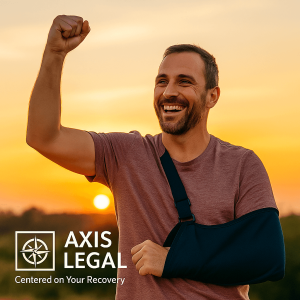
“After his workers’ comp claim was conceded, this injured Wisconsin worker turned to Axis Legal for guidance—and found real hope.”
Your workers’ compensation benefits include 100% coverage of all reasonable and necessary medical treatment, including:
-
Doctor visits
-
Surgeries
-
Imaging (X-rays, MRIs)
-
Physical therapy
-
Prescriptions
-
Injections
-
Medical equipment (braces, walkers, etc.)
-
Mileage to appointments (reimbursed at IRS rate)
No co-pays. No deductibles. No out-of-pocket costs.
Vocational Retraining Through DVR
If you can’t return to your old job, you may qualify for vocational retraining through Wisconsin’s Department of Vocational Rehabilitation (DVR).
DVR may cover:
-
Tuition and supplies
-
Travel costs
-
Weekly checks at your TTD rate while in training
Standard retraining programs last up to 80 weeks, but longer programs can be approved when needed.
Disfigurement Benefits
If your injury leaves visible scarring or disfigurement—especially on your face, neck, or hands—you may qualify for additional compensation. These awards vary based on:
-
Location of the disfigurement
-
Severity
-
Whether it affects your ability to work
When Will My PPD Checks Start?
Under Wisconsin law, your PPD checks must start:
-
Within 30 days of returning to work, or
-
30 days after your healing ends—whichever comes first
If your injury qualifies for a statutory minimum rating (like ACL surgery, total knee replacement, or spinal fusion), the insurer must begin payments without delay.
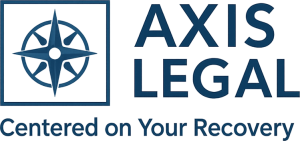
What If the Insurance Company Delays?
If benefits are delayed without good cause, you may be entitled to delay penalties. These are extra payments made directly to you—because your income was unfairly interrupted.
Can I Get an Advance on My PPD?
Yes. You can request an advance on your PPD checks to help cover immediate expenses.
-
Up to 3 advances per calendar year
-
Payments must still continue as scheduled
-
The insurer can receive a 5% interest credit, but only if your payments are current
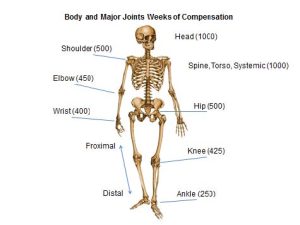
Permanent Partial Disability Chart Wisconsin workers’ compensation benefits
Statutory Minimum Ratings: Real-World Examples
Here are some common surgeries and their statutory minimum PPD ratings under Wisconsin law:
Knee Injuries:
-
ACL repair = 10%
-
Meniscectomy = 5%
-
Total Knee Replacement = 50%
-
Ratings can be stacked if procedures happen during the same claim
Spinal Injuries:
-
Disc removal = 5%
-
Fusion = 10% per level
-
Multi-level procedures can stack (e.g., 3 fusions = 30%)
Final Thoughts–Wisconsin Workers’ Compensation Benefits Explained
The workers’ comp system isn’t built to help you—it’s built to minimize costs for insurers. That’s where we come in.
At Axis Legal, I’ve helped recover over $30 million for injured workers across Wisconsin. We’ll explain your rights clearly, help you gather what you need, and fight to get every benefit you’re owed—from medical bills and lost wages to retraining and future income.
If you’ve been hurt at work and want real answers, give us a call. It costs nothing to talk.
Contact Axis Legal
Axis Legal, LLC
15255 Watertown Plank Rd, Ste 200
Elm Grove, WI 53122
(414) 414-4814
info@theaxislegal.com
www.theaxislegal.com
—Alex E. Eichhorn
Attorney & Founder, Axis Legal
Centered on Your Recovery
